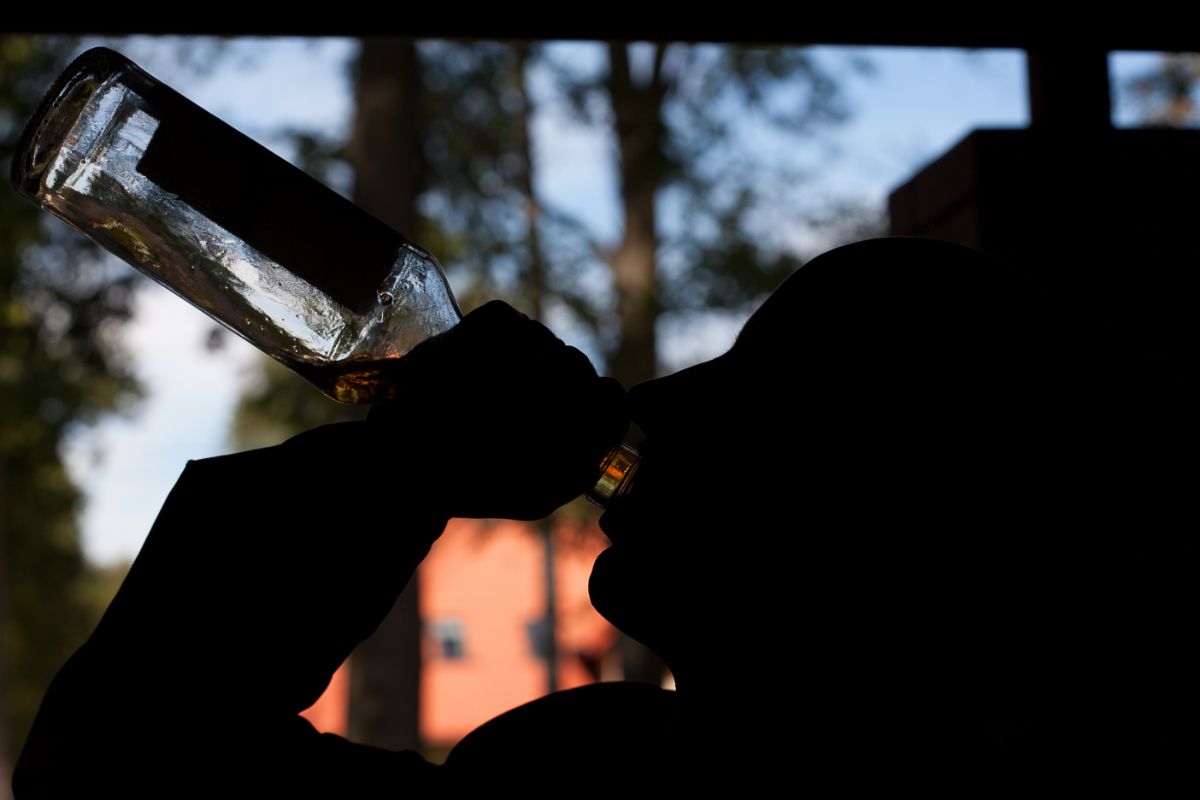Crohn’s disease is a chronic condition that causes inflammation in the digestive tract.
The disease mainly involves the intestinal system but can also manifest to affect the skin, joints, bones and the kidneys.

Crohn’s disease is a chronic illness that is incurable however there is much medication, surgery and nutritional supplements available that can manage the disease and reduce the occurrence of uncomfortable flares occurring.
Alongside managing Crohn’s disease however it is also crucial to know about the impact and potential dangers or even benefits that can be caused by consuming certain foods and drinks, and this includes alcohol which can sometimes have particular side effects when mixed with certain illnesses.
Keep reading to learn about the impacts of alcohol on Crohn’s disease and if it really does make it worse, and if there are any benefits from consuming it.
Is Alcohol Harmful If You Have Crohn’s Disease?
The good news is that alcohol is not recognised as being harmful for someone with Crohn’s disease, however there are some points to take into consideration.
Firstly moderation is key, studies have suggested that drinking one to three glasses of red wine for 5 days in a week for example had little negative repercussions, and even some benefits.
Alcohol consumed in large quantities however can bring with it some nasty side effects that can be avoided by monitoring how much to drink on a certain day.
It is also heavily advised to never drink alcohol during a Crohn’s flare as this can make the reaction even worse rather than suppressing it.
Additionally alcohol can make it hard to sometimes accurately tell whether medicine or supplements for the condition are working properly so it can also make the illness harder to monitor.
What Are The Side Effects Of Mixing Alcohol With Crohn’s Disease?
As mentioned before, the occasional drink here and there will be completely fine, however alcohol either in large quantities or with frequent use can cause irritation in the GI tract and break down the tight barrier normally present around the intestines.
The breakdown of this barrier means digested food, toxins and germs can enter the intestines and cause stomach cramp, diarrhea and more inflammation.
These chemicals can disrupt the regular functioning of the gut, and this can be especially dangerous to people with Crohn’s disease who are particularly susceptible to intestinal damage.
Despite this, there is no real guideline on what specific alcohol can be worse for the condition than others, wine for example can be easy to tolerate for one person while for another this might be the case with beer.
The best way to measure this is to first speak with your doctor, and reintroduce alcohol very gradually to gain an idea of how your body responds to particular kinds.
Can Alcohol Cause Crohn’s Disease?
If consumed in very large amounts and over a prolonged period, alcohol can be known to develop Crohn’s disease in the body.
This is because the alcohol will compromise your gut health which is the same effect of having Crohn’s disease, making it much more likely to develop when the gut is exposed.
This is most often the case with alcohol abuse and consumption of alcohol that is unmonitored and therefore to avoid irritating the intestines even more, it is also worth consulting a doctor or supportive specialist to take steps towards mitigating alcohol consumption and limiting the chances of developing Crohn’s disease if your alcohol intake is quite high.

Are There Any Benefits To Drinking Alcohol With Crohn’s Disease?
While alcohol should never be an option to remedy any symptoms, it can have some partial benefits for the condition when consumed in small quantities.
In small amounts, say a glass or two, alcohol suppresses the immune system.
It is the overactive immune system which attacks and inflames the digestive tract and causes diarrhea and stomach cramp in Crohn’s, so the suppression of it can lessen chances of these symptoms flaring.
Recent studies for example have even been reporting that those with Crohn’s disease who drank just one to three glasses of red wine each day for a week turned out to have lower levels of a protein called calprotectin which signifies that there is less inflammation in their intestines and therefore less likely to experience symptoms.
Is Some Alcohol Worse Than Others?
In small amounts these drinks will be fine to consume, however there are certain drinks that can be more likely to cause complications than others if consumed in bulk or consistently.
Cocktails and beers have been found to be more likely to lead to abdominal pain, this is primarily due to the higher sugar contents they both possess.
Beer is also a fermented beverage containing a lot of yeast and since it is common for people with gut issues to react badly to yeast, it is another reason to just be mindful of how much beer you drink.
The soda mixed with cocktails is also incredibly carbonated and very gassy which can cause bloating and can impact the gastrointestinal tract, so it can be a good idea to avoid cocktails but also soda in general as much as possible since it can further irritate the digestive system.
It may sound boring, but plain water is the best drink for managing Crohn’s that should be consumed as much as possible when you can.
Experts say H20 is the beverage that will work hardest in overcoming many of the negative effects of Crohn’s.
Summary
Drinking alcohol when you have Crohn’s disease will not be fatal and the occasional drink of beer or wine every now and again on a holiday or for a celebration will be just fine.
The main thing to keep in mind is moderation, large quantities of alcohol can cause multiple complications in the GI tract and digestive system, especially if they are very sugary.
To avoid irritating the gut even more and raising the chances of symptoms and aggressive flares appearing, just make sure to drink alcohol in mild to moderate quantities and drink water as much as you can at other times to help mitigate pains in the future.
- Understanding Male Reproductive Health: A Complete Guide - February 2, 2025
- Simple Healthy Skin Habits for Radiant Skin - December 6, 2024
- Unlocking the Connection Between Nutrition and Mental Health - December 3, 2024








